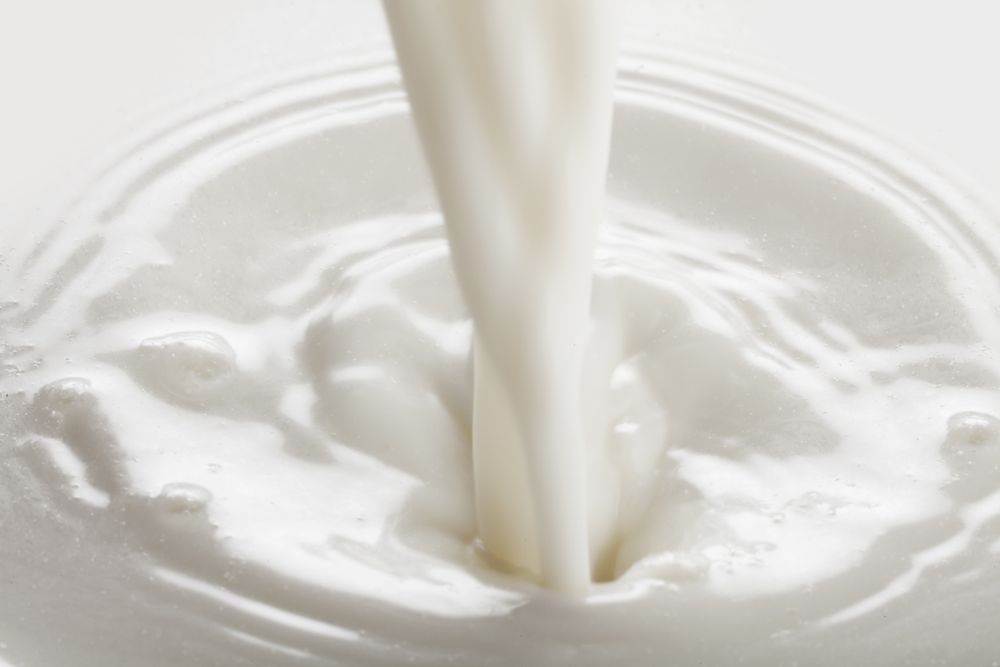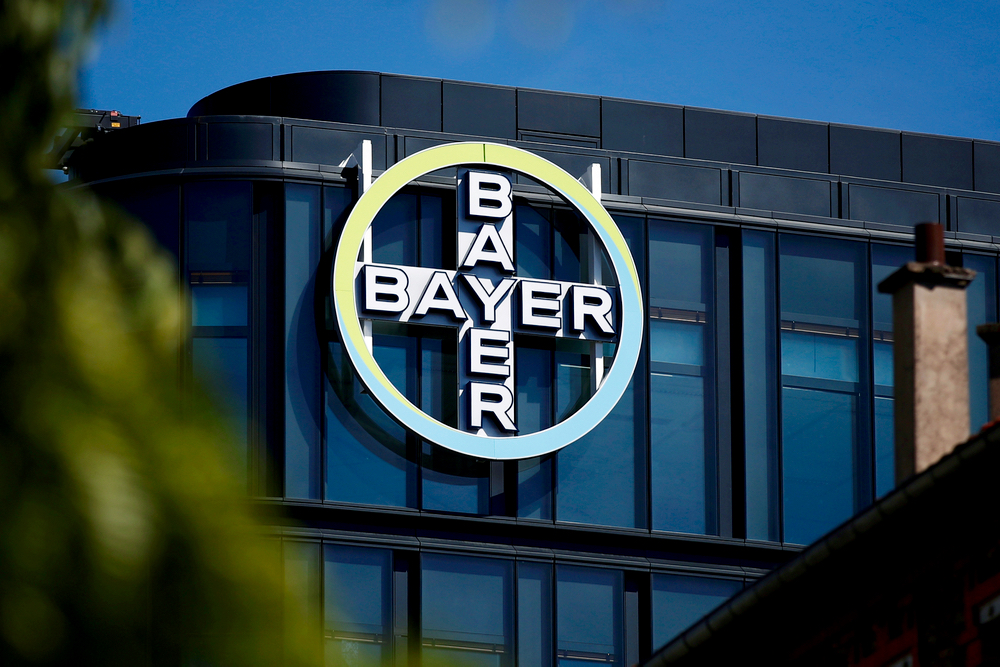Bird flu traces found in one in five US commercial milk samples, says FDA

About one in five samples of commercial milk in the U.S. tested positive for traces of bird flu in a national survey, with a greater proportion coming from areas with infected herds, the U.S. Food and Drug Administration said.
There is no evidence that the milk poses a danger or that a live virus is present, the regulator added.
The FDA said late on Thursday that additional testing is required to determine whether the intact pathogen is still present and if it remains infectious.
Read Also

Bayer investor Deka takes a stand against CEO in annual vote
Bayer shareholder Deka Investment said on Friday it would not join other large investors in supporting the healthcare and agriculture group’s management at its annual general meeting.
Earlier this week, the FDA said that if the milk is heated to a specific temperature, it remains safe for human consumption as the process kills harmful bacteria and viruses.
The health regulator and the U.S. Department of Agriculture (USDA) have indicated that based on the information currently available, commercial milk supply remains safe due to the pasteurization process and the diversion or destruction of milk from sick cows.
“To date, the retail milk studies have shown no results that would change our assessment that the commercial milk supply is safe,” the FDA said in its latest update.
Eight states in the U.S. have confirmed cases of bird flu in 33 herds of dairy cattle, according to the USDA.
Only one person – a Texas farm worker – has been confirmed to have bird flu. The patient suffered conjunctivitis, an eye irritation that can cause redness and discomfort.
The health regulator said that epidemiological signals at the U.S. Centers for Disease Control and Prevention showed no uptick in human cases and no cases of H5N1 beyond the one known case.
FDA is further assessing any positive findings through egg inoculation tests, which it described as a gold standard for determining viable virus.
—Reporting for Reuters by Leroy Leo and Bhanvi Satija in Bengaluru
Source: Farmtario.com

